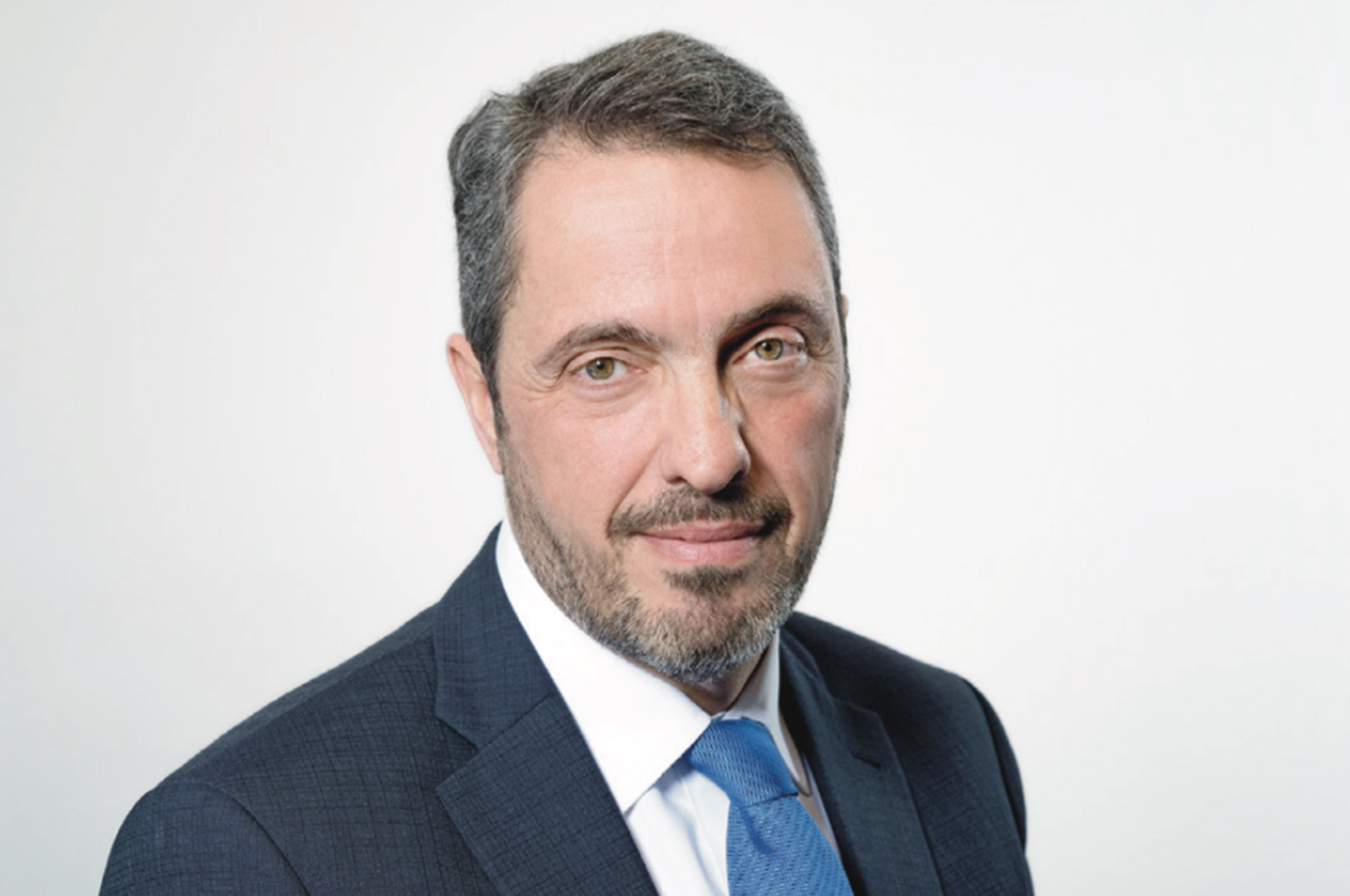
30 Jan No privatization project too small for multi-industry specialists
Aris Xenofos, Executive Chairman, Hellenic Republic Asset Development Fund, discusses large-scale privatization intricacies
The Hellenic Republic Asset Development Fund (HRADF) has created value for all stakeholders including local communities, industries, the state and investors themselves. What key factors have contributed to the fund’s remarkable track record in executing large-scale privatization deals and attracting foreign direct investment to Greece?
Over the eight years since our creation in 2011, the fund has gained expertise in completing challenging projects like the privatization development plan. Equally important is the fund’s structure and how our business model and principles upon which we operate are defined. We are very sensitive with regard to transparency and all the tenders are open to the international market. We measure the principle of clarity heavily when it comes to the specifics of the assets. We try to mature the asset in order to address problems and to bring to the surface the actual value of the asset. Greece needs to change the perception third parties may have when it comes to investing in the country and a successful privatization program, encouraging transparency, is the appropriate tool to achieve this.
The Hellinikon Project, Greece’s €8-billion flagship investment and privatization, is a top priority for the new government. What different types of privatization deals does the fund utilize and to what extent do these require buyers to continue investing through capital expenditures?
We have a wide list of assets which are distributed in three main blocks: infrastructure, real estate assets and corporate. As an example, in the energy sector, we have upcoming privatisations of Hellenic Petroleum and the Public Gas Company (DEPA). In infrastructure, we have a huge motorway which crosses Greece from east to west, which is an ongoing tender. In ports and marinas, we have a wide cluster of assets spreading across Greece. As far as the modeling of our tenders is concerned, we consider different options such as a concession agreement or the sale of shares. This all hinges on the specificities of the assets, their growth potential, a need for committed capital and so on.
Tell us about the specialized unit within the fund which is dedicated to monitoring agreements with investors and to making sure that they abide by their investment plans as well as provide after-sales services.
The privatization is not only about what revenue we receive; it is primarily about mandatory investment, technology, innovation, new techniques and the positive outcome to be had for the Greek people. Equally important is the fact that investors should be left feeling trust in Greece; we want to accommodate them and to attract their capital.
Because of our institutional role and structure, we can bridge the investors and the state and can overcome those issues that inevitably come up during the development process. We try to help all investors to address bureaucracy, licensing, paperwork and approvals from all the associated stakeholders.
Two years ago, the fund privatized 14 regional airports in a deal made with Fraport, and the ports of Piraeus and Thessaloniki have also been privatized successfully. What is your strategy for the upcoming sales of transport and infrastructure assets?
Very similar actually. What we have in mind is to try to combine the different assets within a more holistic strategy. For example, we have one of the largest motorways in Greece—Egnatia Odos— and it connects the east to the west. At the same time, there are three ports across this road.
When deciding on a tender or designing our timeline and budget, we try to consider how those assets can be interoperable and to what extent one asset can contribute to the other.
Greece is turning a page. Macroeconomic conditions have improved considerably over the past 10 years when Greek people had to bear the burden of executing a rather demanding austerity programme and implementing a wide range of structural reforms. All this, along with the support we receive from the current administration, provide the background to opening a new chapter.


